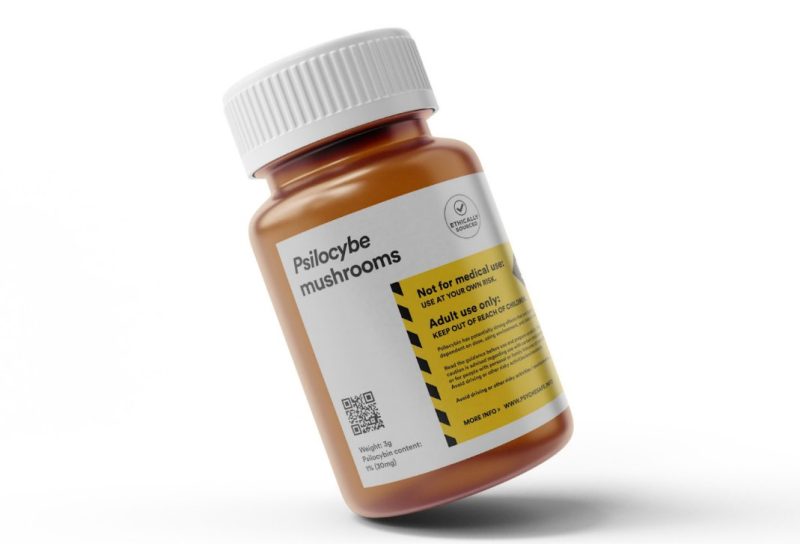Guidelines for the regulation of psychedelic drugs have been detailed in a new book published by UK-based drug reform charity Transform. Their proposals lay out a plan for the regulation of what they call the ‘non-medical’ or the recreational use of psychedelic drugs such as LSD, psilocybe mushrooms, DMT, and mescaline.
The book pushes a four-tier model that the authors say would “accommodate the wide range of psychedelic drugs, consumption behaviours, and cultures of use”.
The first model concerns the regulation of the personal use, cultivation, and foraging of psychedelics. The second discusses not-for-profit clubs or associations, such as the model used for cannabis clubs in Barcelona. The third model proposes how to manage commercial retail, and the manufacture of legal psychedelic products, and finally the fourth model outlines how Transform thinks commercial psychedelic therapy and or guided use should be conducted.

The book also addresses the growing consensus that tough penalties for drug crime brought in by governments across the world in the 1970s have had the opposite effect to what was intended, and have created a drug market which is unsafe for users, increases stigma, and puts power into the hands of sometimes unscrupulous drug dealers.
Transform feels that now is the right time to discuss these issues because of the rapidly changing global psychedelic landscape. The past two decades have seen a huge increase in the exploration and study of these substances, not just for medical purposes but also to understand the effects they have on the individual and society in general when taken for non-medical purposes. Some refer to this resurgence of interest in the psychedelic world as the psychedelic renaissance.
The book states that “while medical and therapeutic research into psychedelics is undoubtedly driving public debate and policy reform forward, it risks establishing a reform narrative which places legitimate access to psychedelics entirely within the context of medical therapeutic use. This narrative therefore has the potential to delegitimise or stigmatise the user motivations, such as recreational and spiritual/ceremonial use, portraying them as less valid or deserving of attention, and perpetuating their criminalisation.”

Currently, access to psychedelics, both legal and illegal, varies from country to country. Since 1971 the possession and distribution of most psychedelics have been illegal in nearly all jurisdictions. In recent years some progress towards decriminalisation has been made, some regions in the USA, Canada and Australia have begun to relax laws that surround select psychedelics, while countries such as Portugal have adopted blank decriminalisation of all drugs.
“Psychedelics are used by a wide range of people for varying reasons and in different contexts” the report states. “Use may be spontaneous, semi-planned, or deeply embedded in religious or therapeutic practice. Currently, the availability of psychedelic substances varies enormously, both between and within different jurisdictions; some (e.g. Psilocybe mushrooms) are accessible for free to those with some specialist knowledge of foraging or cultivation, others can be purchased by those familiar with navigating the illegal market, and yet others often require travel or access to constrained circles of supply (e.g., DMT when consumed as ayahuasca).”
Transform is a charity that receives no funding from commercial entities, this, they say, enables them to remain independent in their mission to fight “towards a just and effective system of legal regulation for all drugs”, both in the UK and the rest of the world.
The book also provides guidelines that if put into practice would prevent commercial properties from effectively taking ownership of an industry which has historically been community-led, albeit illegally.
“The decriminalisation and legal regulation of currently prohibited drugs creates unique opportunities to remake policy, designing new markets and regulatory frameworks in ways that can embed and prioritise principles of social justice, equity and human rights — too often absent or actively undermined in both unregulated illegal markets, as well as inadequately regulated legal markets.
“Without a strong commitment to these principles, there is a risk that inequities and injustices of the drug war era will be significantly replicated post-legalisation. People from socially and economically marginalised communities risk being excluded from policy-making decisions, facing disproportionate obstacles to the enjoyment of benefits from emerging markets, and greater barriers to accessing legally regulated psychedelics and related services.”
This story first appeared on leafie, view here
Author: Kevin Dinneen

